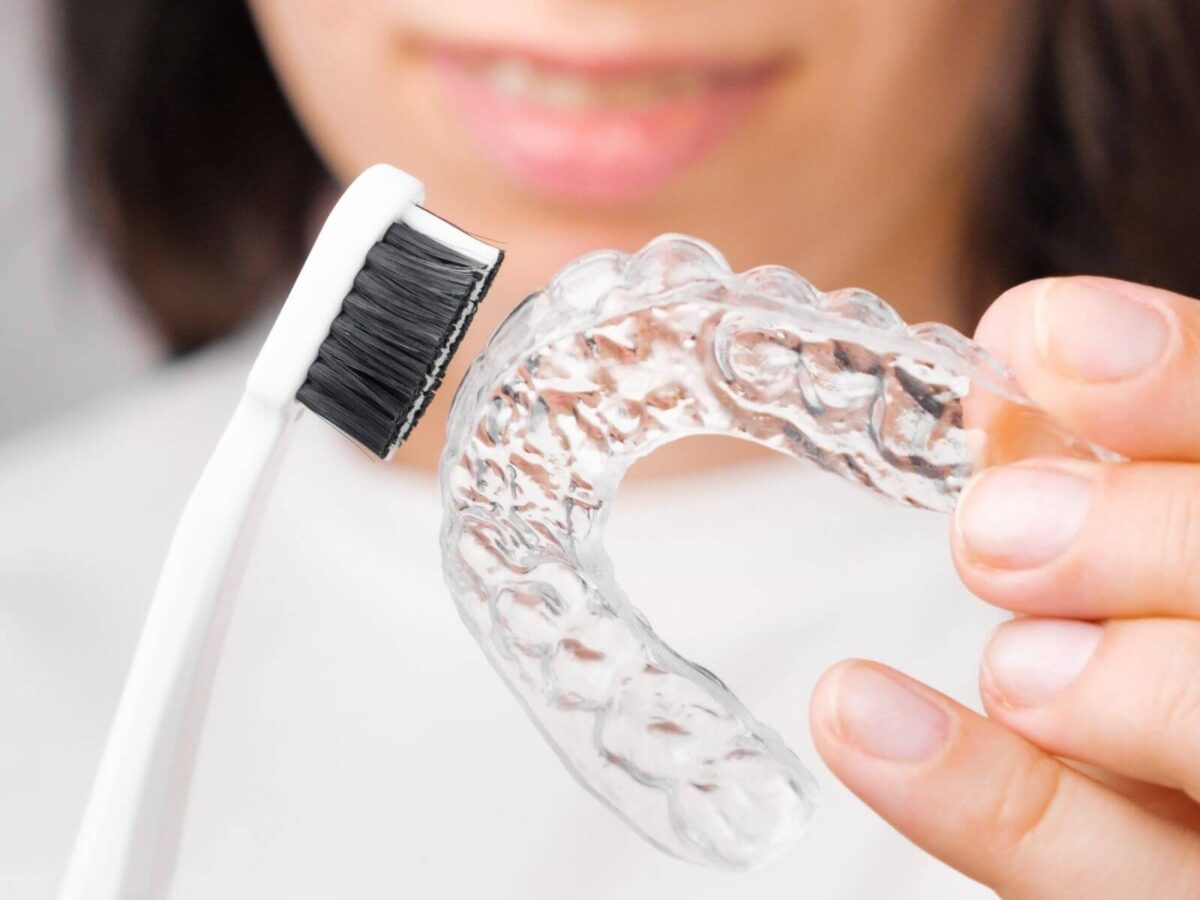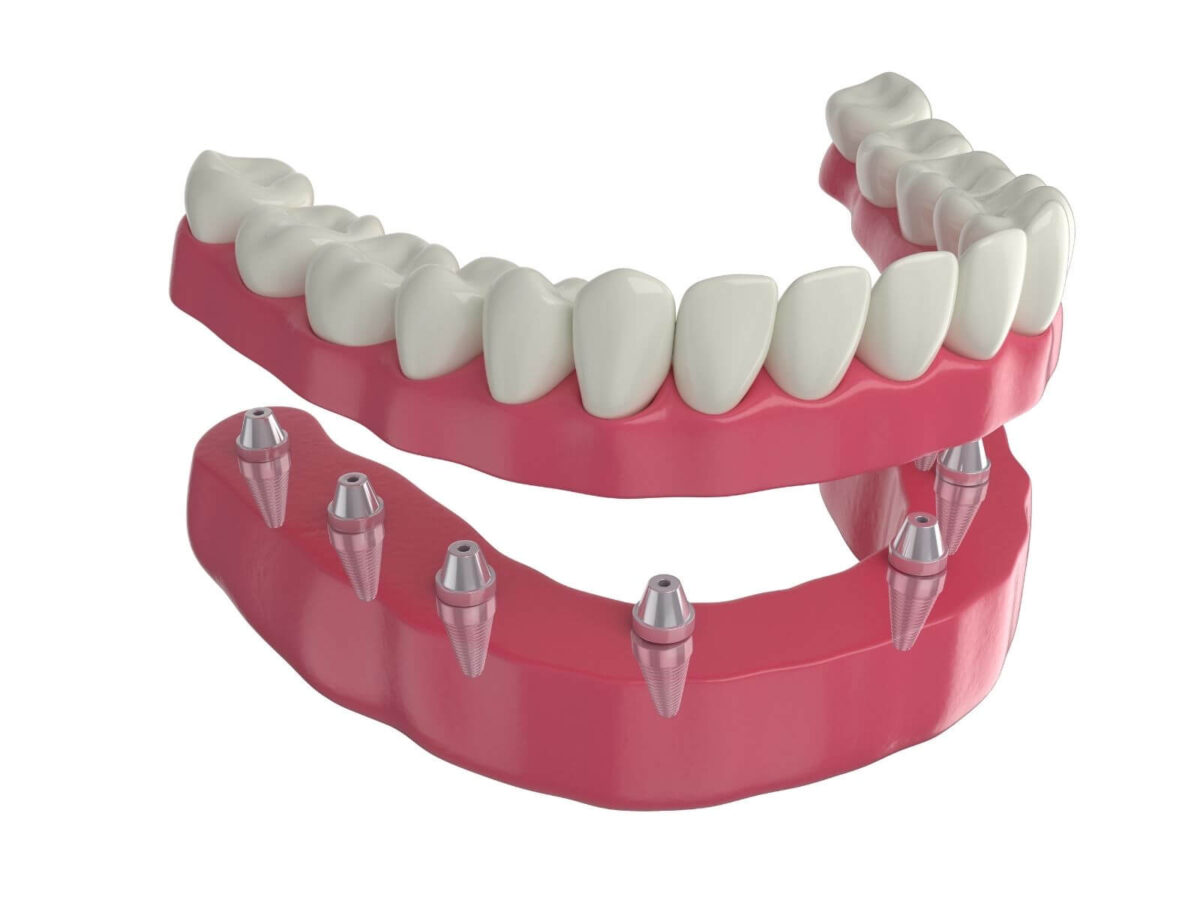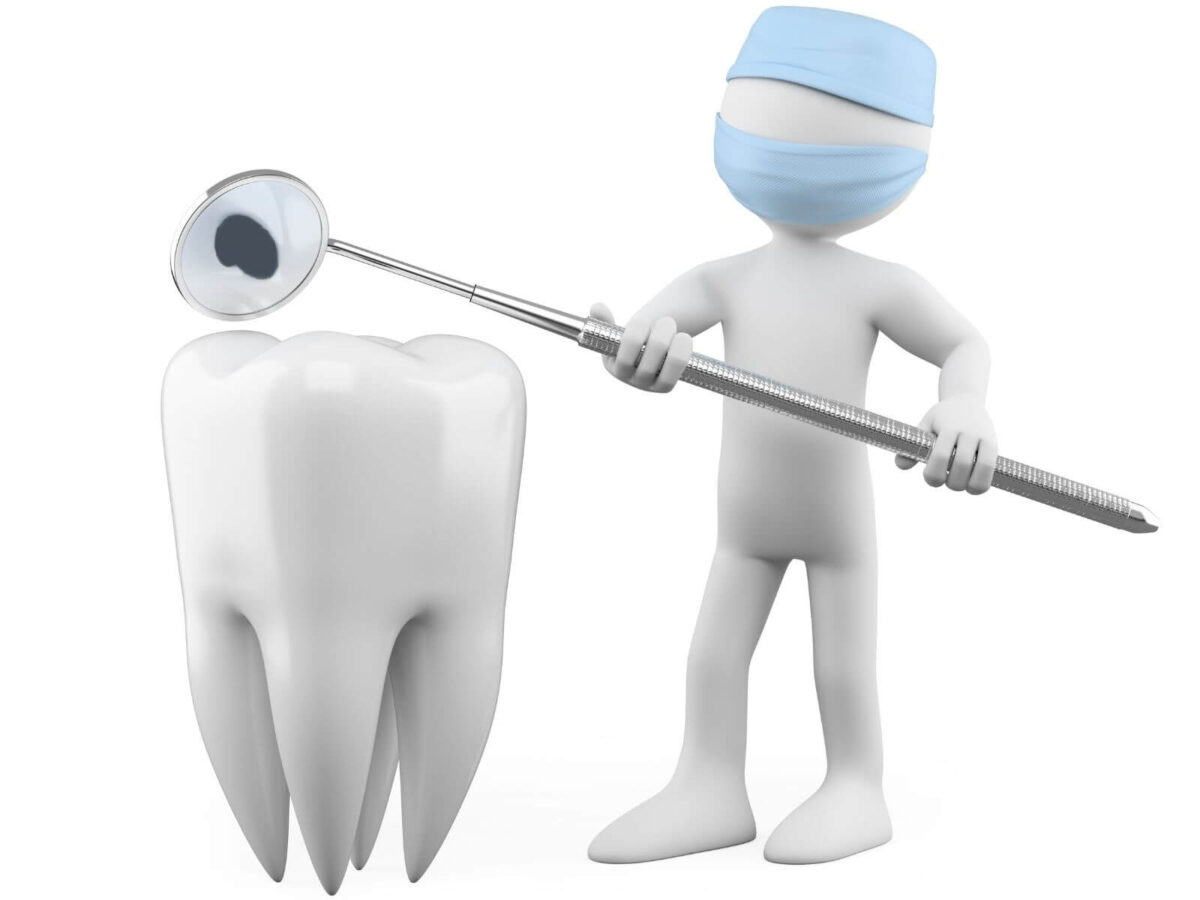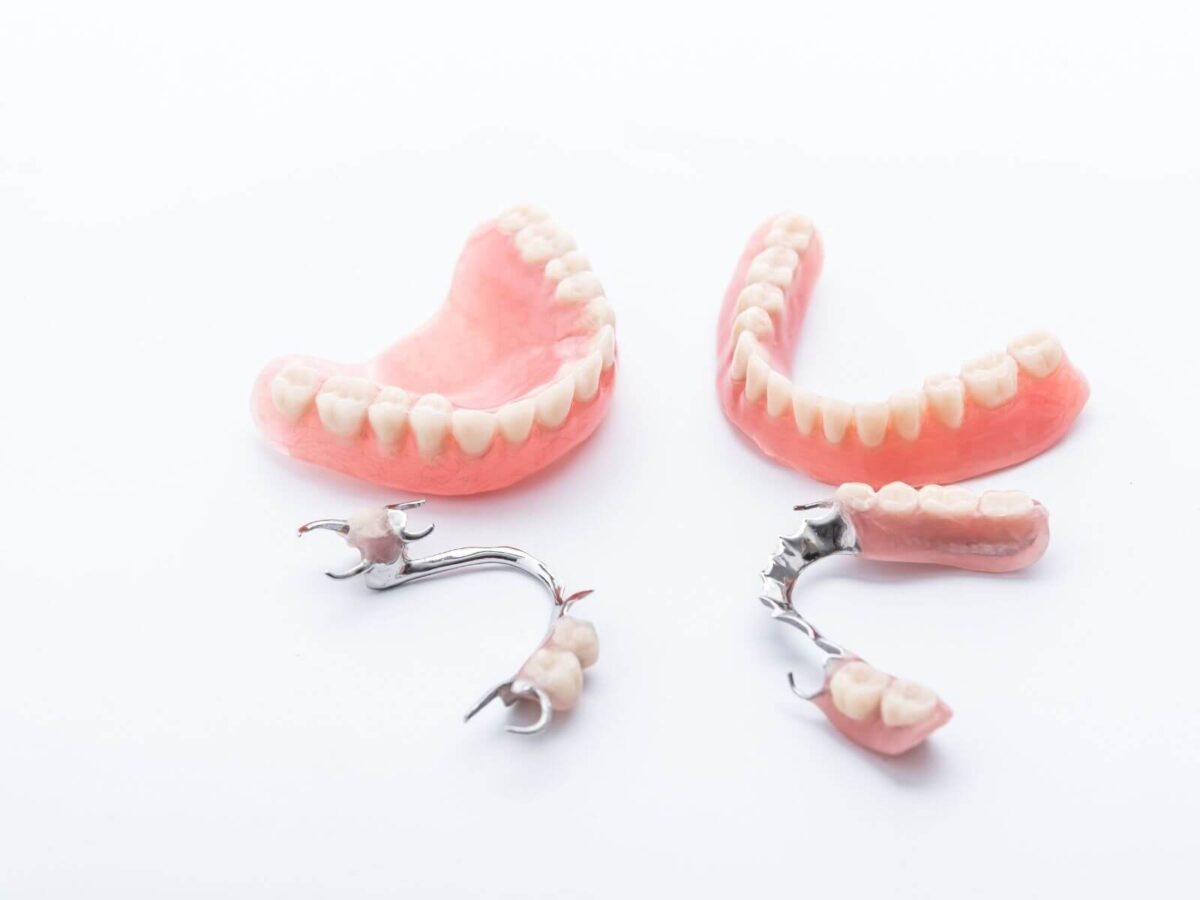After your braces treatment, you may require a retainer, irrespective of how much or how little orthodontic treatment you acquired. After disposing of your braces, retainers save your teeth from returning to their authentic position. Let us look at the distinctive varieties of keeps you can remember.
The Different Types of Retainers
Orthodontists advocate three varieties of retainers: one that may be firmly anchored inside the gum, one that may be taken out of the mouth, and one that is invisible. Let us observe them in detail to comprehend their advantages and disadvantages better.
1. Fixed (Permanent) Retainers
Fixed or permanent retainers are thin wires cemented behind the front lower teeth. This wire cannot be seen from the front, and you wear it constantly so that your teeth cannot move from their positions.
Benefits
Continuous Support: Fixed retainers provide consistent support for your teeth, ensuring alignment without needing constant reminders to wear them.
Invisibility: A key advantage of this sort of wire is its discreet placement behind the enamel, making it unnoticeable.
Considerations
Oral Hygiene: A drawback of the regular retainer is that flossing around the twine may additionally now and again be cumbersome, particularly for the rear tooth. But it may be made easier by using floss threaders.
Potential for Wear and Tear: As time passes, the wire may wear out, or you may require a change of position, so you have to visit the orthodontist occasionally.
2. Removable Retainers
Removable retainers are made of a plastic or acrylic base and a metal wire around the front teeth.
Benefits
- Ease of Cleaning: Since they are detachable, you can brush your teeth and retain them most effectively.
- Adjustable: When slight tooth movement is necessary over time, your orthodontist can alter removable retainers.
- Durability: These retainers are long-lasting and may even serve patients for several years if they practice proper care.
Considerations
- Visibility: A drawback of this type of retainer is the visible metal wire, making it noticeable to others.
- Compliance: The effectiveness of removable retainers depends heavily on how consistently they are worn. Failure to follow instructions can result in teeth shifting.
- Risk of Loss: They are removable, meaning they might be lost or misplaced if not properly cared for.
3. Clear Retainers
These retainers are acrylic and adjusted to fit the shape of your mouth and gum. These are very discreet and can be worn after treatment in the Invisalign process.
Benefits
- Ease of Cleaning: Since they are detachable, you may brush your enamel and hold them most correctly.
- Aesthetic Appeal: These retainers are as a substitute transparent, so each person who feels shy about wearing a retainer will find them attractive.
- Comfort: Most customers choose clear retainers that are less bulky than trendy retainers.
- No Impact on Speech: Unlike different retainers, clean retainers are thin, and they intervene with how you communicate.
Considerations
- Durability: Clear retainers are vulnerable to growing cracks or breaking, which may necessitate common replacements in some instances.
- Staining: The clean plastic can discolor through the years, particularly if exposed to espresso, tea, or other darkish-colored meals and liquids.
Why Are Retainers Necessary?
Retainers are important in keeping the effects of braces. After the braces come off, retainers should make sure your teeth live in their new positions. Without them, teeth can gradually shift back due to natural forces and everyday activities like chewing.
Teeth can move at any point in your life, even from minor forces over time, potentially causing noticeable misalignment. Retainers prevent these shifts and secure the alignment achieved through braces. By wearing your retainers as instructed, you can protect your investment in a straighter, healthier smile and avoid the need for braces again.
Why You Need The Best Retainer And How To Get It
The kind of retainer can vary depending on the individual and circumstances, such as the patient’s personality in terms of their lifestyle and what their orthodontist advises them to do. Here are some tips:
1. Consider Your Lifestyle
If you have a reasonable timetable and are concerned that you might forget to wear a removable retainer, the satisfactory answer is a fixed retainer. On the other hand, having a retainer that can be taken out quickly or wearing a clear retainer is more convenient because it can be cleaned without problems; a detachable or clean retainer is probably for you.
2. Think About Aesthetics
If you care about the visibility of the retainer, there is a clear one you can use as your retainer type. Nonetheless, a removable Hawley retainer will be appropriate if you are looking forward to using a hard-wearing retainer, though you will expose a wire.
3. Always Take a Word from Your Orthodontist
Your orthodontist will look at the details of your treatment and might advise on a specific type of retainer to use. Fortunately, it is always recommended to heed the advice of experts, provided you want to get the best results in the long run.
4. Maintenance and Care
Think about what you’re willing to do to keep your retainer clean. Fixed retainers are supposed to be flossed carefully, and removable and clear retainers must be cleaned more often.
Important information on wearing retainers:
- Keep your retainer in your mouth until the doctor tells you otherwise.
- Remove your retainer during meals and reinsert it in the mouth
Cleaning the retainer with water once a day.
Young people are advised to clean their retainers with the following instructions:
Always brush your retainers to remove debris and odors effectively. You can use orthodontic appliance cleaners for additional cleaning, but remember that these are not substitutes for brushing, especially for clear retainers.
Avoid using such cleaners on metal retainers, as they are unsuitable for these appliances. Regular care ensures retainers stay fresh and functional.
It should always be in its case when you are not wearing your retainer. Pets enjoy chewing on them.
- At first, one may have speaking problems. You should practice speaking, reading, or even singing aloud to quickly get used to this fashion.
- In no case should you try to bend the retainer with your hands.
- Your retainers are easily breakable, so handle them as they are.
Always bring your retainer to your appointments.
Retainer replacements are expensive, but they can last for years with proper care!
Remove your retainer when you go swimming.
Keep retainers away from hot water, car dashboards, pockets, the washing machine, and napkins.
Conclusion
No matter which type you use, it is essential to ensure you use them as directed to protect your investment in your beautiful smile. If you have any queries or issues about the retainer, or if it is necessary to make changes, please call Cypress Dental.






